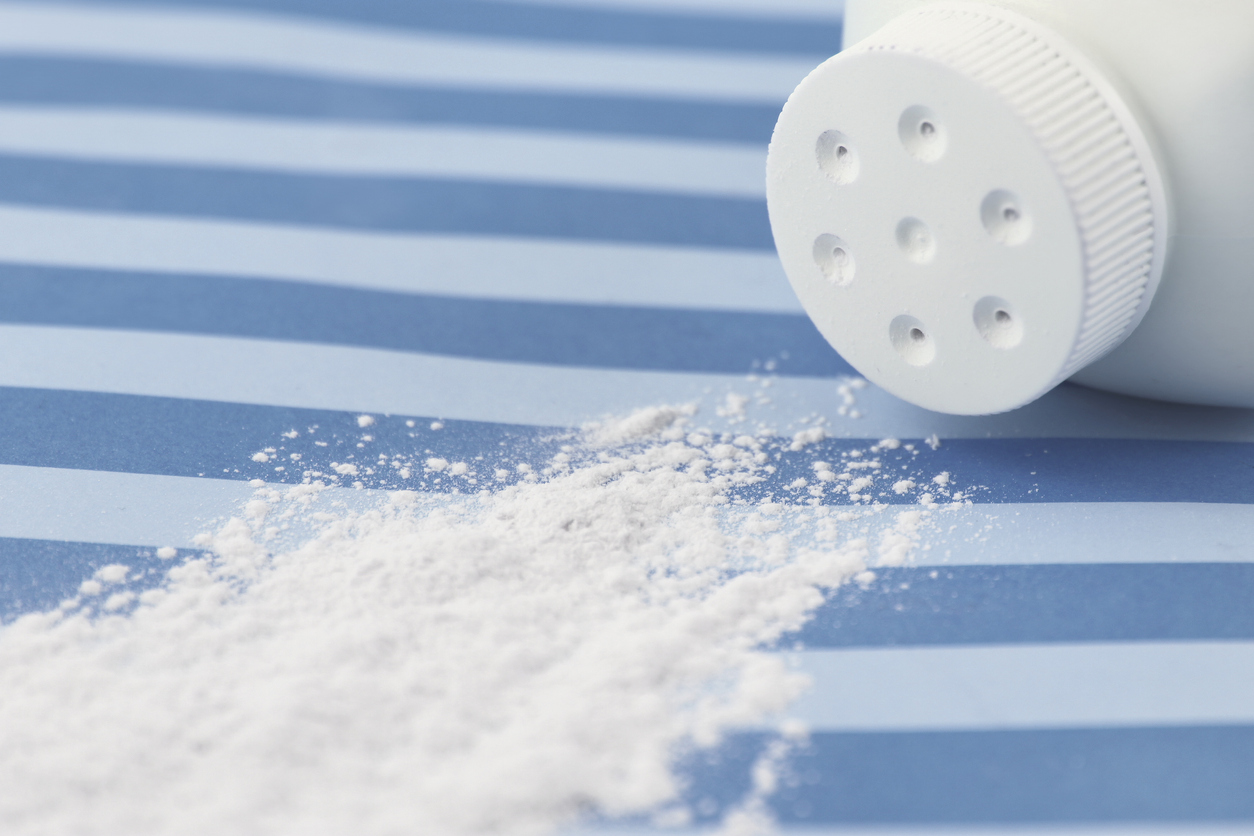The top U.S. court without comment on Tuesday refused to consider J&J’s objections to a St. Louis jury’s 2018 finding its talc-based powder helped cause ovarian cancer in 20 women.
J&J prepared for the appeal’s denial by announcing in February it was setting aside almost $4 billion to cover the St. Louis verdict. The company still faces more than 26,000 lawsuits blaming baby powder for causing cancers. J&J pulled the product off U.S. and Canadian shelves last year.
“The decision by the court to not review the case leaves unresolved significant legal questions that state and federal courts will continue to face” in future talc cases, Kim Montagnino, a J&J spokeswoman, said in an emailed statement. “The Supreme Court has many times said its decision to deny hearing a case expresses no view on the merits.”
“Today justice is served,” said Mark Lanier, the women’s lawyer. “Twenty families now get compensated for a horrible, unnecessary disease. And J&J, the trigger for that disease, is held accountable.” Shares of J&J, based in New Brunswick, New Jersey, fell 1.5% at 10:31 a.m.
Jurors in the St. Louis case awarded each woman $25 million in compensatory damages. The panel then added more than $4 billion in punitive damages, making the award the sixth-largest in U.S. legal history. A state appeals court cut the award by more than half last year. The original verdict sparked a significant drop in J&J’s shares.
J&J has lost other cases at trial, with juries across the U.S. ordering it to pay hundreds of millions of dollars. Judges slashed some of those awards while others have been thrown out or are on appeal. J&J has won cases as well.
Asbestos, which is often found where talc is mined, is a recognized carcinogen.
Constitutional Claim
Justices Samuel Alito and Brett Kavanaugh didn’t take part in the decision to reject the appeal. As is customary, neither gave an explanation, although Alito’s most recent financial disclosure report indicated either he or his wife owned J&J stock. Kavanaugh’s father was a cosmetic-industry lobbyist whose organization fought efforts to require warnings on talc products.
J&J told the Supreme Court the sprawling nature of the St. Louis case -- which originally combined the claims of almost two dozen plaintiffs from 12 different states -- made the trial so unfair it violated the Constitution’s due process clause.
The drugmaker said the trial judge needed five hours to instruct the jury, and the panel deliberated less than 20 minutes on average for each woman before awarding each identical awards regardless of the individual circumstances.
“If the due process clause means anything, it means that a defendant cannot be deprived of billions of dollars without a fair trial,” J&J argued. Business groups including the U.S. Chamber of Commerce backed the appeal.
Past Decisions
J&J also argued the punitive award exceeded the actual damages by so much as to make it unconstitutional as well. J&J pointed to past Supreme Court decisions that have put limits on punitive damages.
Lawyers for the women said J&J was asking the court to do something unprecedented and override state rules governing when lawsuits can be consolidated for trial.
“Consolidation in tort cases is commonplace, an essential practice for preserving the resources of courts and parties when common issues -- such as the product’s safety and the defendant’s knowledge of its danger -- predominate, as they did here,” the group argued.
The women also contended that J&J’s years of deceit about its product and disregard for the health of its customers warranted the punitive damage award.
Rex Burlison, the judge in the St. Louis case, refused in 2018 to throw out the punitive award after finding J&J engaged in “particularly reprehensible conduct” in its marketing. He concluded J&J “knew of the presence of asbestos in products that they knowingly targeted for sale to mothers and babies, knew of the damage their products caused, and misrepresented the safety of these products for decades.”













